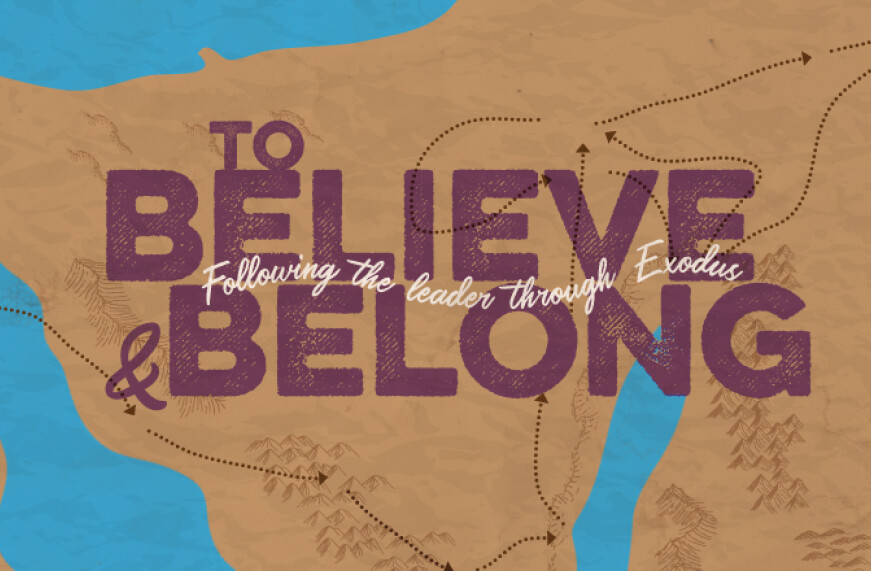Looking This Way and That

I am looking forward to diving into the next section of Exodus this Sunday (Chapter 2, verses 11-25). It is a key part of Moses’ education in becoming a leader. It is rife with palace intrigue, violent death, escape from danger and romance! There is much in these few verses, and I pray the Holy Spirit will be our guide as we feed on them together.
As a bit of an appetizer consider these verses: "One day, when Moses had grown up, he went out to his people and looked on their burdens, and he saw an Egyptian beating a Hebrew, one of his people. He looked this way and that, and seeing no one, he struck down the Egyptian and hid him in the sand" (Exodus 2:11-12).
Much of this we will get into on Sunday, but for now just notice the phrase "he looked this way and that”. Much ink has been penned on whether Moses’ actions in taking out the Egyptian were ethical or not. I think the text leads us in the direction of saying Moses' action here was premeditated. He knew what he was doing was not right and he was checking horizontally to see if he would be found out. What I want to invite us to notice just for a minute is Moses’ failure to check vertically, in other words the absence of Moses bringing his situation up to the Lord and seeking His wisdom.
How often I am like Moses! I am more concerned about what is going on around me, here on planet earth, than I am concerned about what the One who made planet earth is thinking. On the one hand I gauge how the winds are blowing because I need to feed my idols of human approval. On the other hand I check to see if the coast is clear to avoid the pit of shame over being found out. In the end I look "this way and that” and forget that I am living coram deo, before the face of God.
But, here is the good news. God doesn’t reject Moses for his lapse! Rather, he keeps pursuing this in-process man. God is going to take this “cracked pot” and use him to effect the greatest rescue in the world to date. It is this theme of his “power made perfect in our weakness” that gives us the directive, when we are standing in our Egypts facing our Egyptians, to look up because his "grace is sufficient" for us! (cf. 2 Corinthians 12:9).
Photo by Ahmad Odeh on Unsplash


